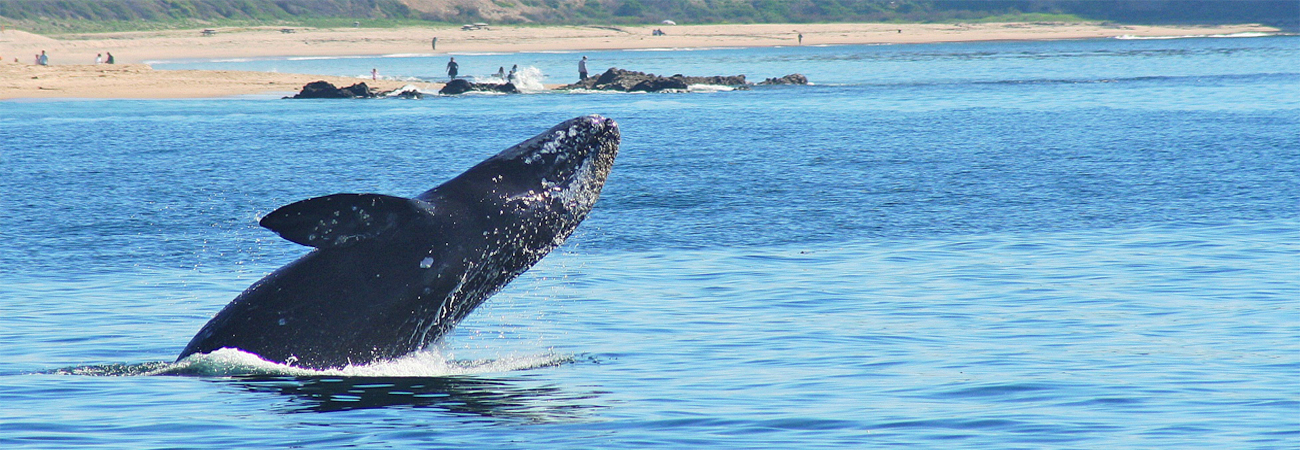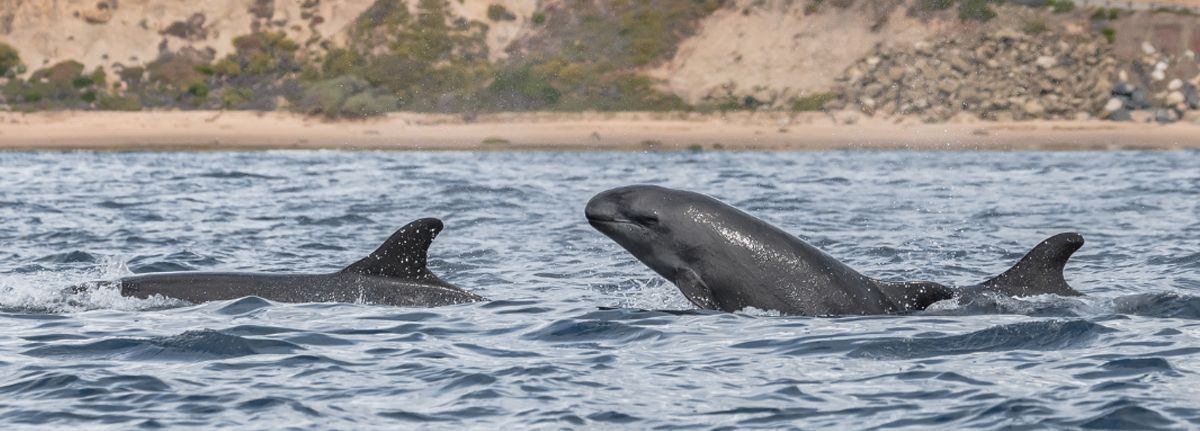
False Killer Whale
The False Killer Whale (Pseudorca crassidens) is a large member of the dolphin family and is known for its striking physical characteristics, complex social behavior, diverse diet, and migratory patterns. This report aims to provide an overview of the False Killer Whale, focusing on its physical characteristics, social behavior, diet, and migration.
Physical Characteristics:
- False Killer Whales are among the largest members of the dolphin family, reaching lengths of up to 20 feet and weighing up to 4,400 pounds.
- They have a streamlined body with a bulbous head and a long, slender shape.
- False Killer Whales have a predominantly dark black or dark gray coloration, which contrasts with a lighter patch on their chest, throat, and sides. These markings can be unique to each individual, allowing for identification in the wild.
Diet:
- Feeding Habits: False Killer Whales are opportunistic predators with a diverse diet. They primarily feed on fish, such as tuna and mahi-mahi, but they are also known to consume squid and other cephalopods. Additionally, False Killer Whales have been observed preying on smaller dolphins and even larger whale species.
- Cooperative Hunting: False Killer Whales exhibit cooperative hunting behavior, often working together to corral and capture their prey. This cooperative strategy increases their hunting success rate and emphasizes their social nature.
Migration:
False Killer Whales are known for their extensive migration patterns. They have been observed traveling long distances between warm, tropical waters in winter and cooler, temperate waters in summer. These migrations are often driven by the availability of food and breeding opportunities. False Killer Whales have a cosmopolitan distribution and can be found in tropical and temperate oceans worldwide. In certain regions, they exhibit residency patterns, staying in specific areas for extended periods.
Social Behavior:
- Pod Structure: False Killer Whales are highly social animals that form tight-knit groups called pods. These pods can consist of anywhere from a few individuals to over 100 members. Pods often display strong social bonds, engaging in playful behaviors and cooperative hunting strategies.
- Vocal Communication: False Killer Whales use a complex system of clicks, whistles, and other vocalizations to communicate with each other. These vocalizations play a crucial role in maintaining social connections, coordinating group activities, and hunting.
The False Killer Whale is a remarkable marine mammal, with its impressive physical characteristics, complex social behavior, diverse diet, and extensive migratory patterns. Understanding these aspects of False Killer Whales contributes to our knowledge of this species and aids in the conservation and protection of their habitats. Further research and monitoring efforts are needed to ensure the long-term survival of these magnificent creatures and their ecosystems.

Reserve your whale-watching trip!
Make your online reservation below, or call (949) 675-0551 to reserve.
SHARE
FOR RESERVATIONS, CALL (949) 675-0551